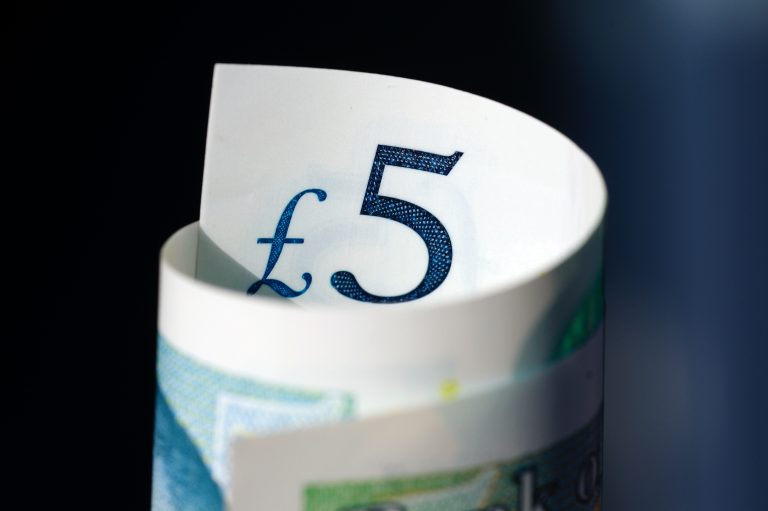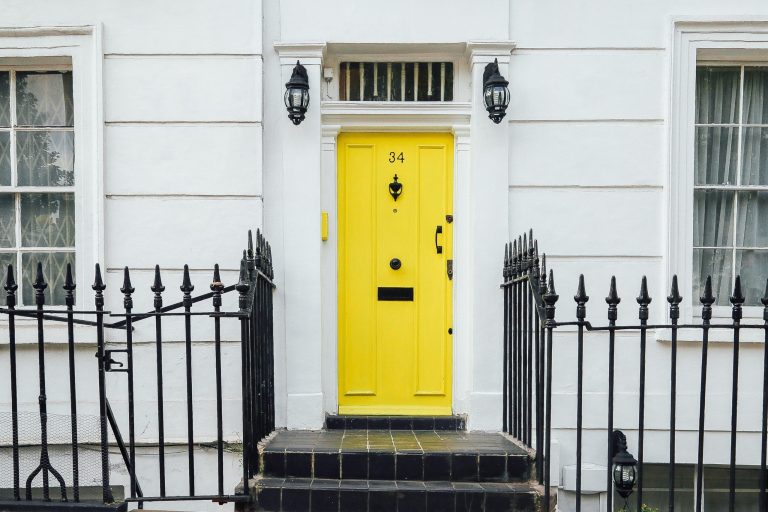Let’s talk about savings tax

Many of us try to put some hard-earned savings aside each month to save for the future. But it’s important to be aware of how they’re taxed. I’m going to try and help to make things clearer, so that you have a better understanding of how taxes are applied to your savings.
Many people may not realise you have to pay tax on your savings. Those who save small amounts may not be impacted at all by the savings tax, as you’re allowed to earn some interest on your savings without paying any tax. Those who save larger amounts are likely to be impacted by the tax rules.
The table below explains the different allowances for tax on your savings:
Your annual income is less than £17,500 You could earn up to £5,000 of interest and not have to pay tax on it. | Your annual income is more than £17,500 The amount you can earn on your savings depends on which income tax band you fall into. |
The below table shows you which tax bracket you will be in depending on the amount you earn through your salary.
To fall within this category your pay will be between £12,501 to £50,000 a year. |
To fall within this category your pay will be between £50,001 to £150,000 a year. | The additional rate is 45% To all within this category your pay will be over £150,000. |
There are many types of savings accounts which are included in your savings tax allowance. Your allowance applies to interest earned from any bank or building society accounts, savings accounts, credit union accounts, trust funds plus many more. The full list can be found by clicking here.
Once the interest you earn on your savings goes over your allowance (if you have one), you will be taxed on the amount over that threshold at your normal tax rate. However, savings in tax-free accounts such as ISAs, do not count towards your allowance. If you have a joint account with someone which you earn interest on, the interest will be split equally between the two holders and therefore you should work this into your allowance accordingly.
For example, if you earned £20,000 and had £5,000 in an ISA along with £10,000 in savings.
- Your salary means you would be a basic rate taxpayer, meaning you would be taxed 20% on your salary as you earn less than £50,000.
- The interest you earn on your ISA balance (£5,000) would not be taxed as this account is tax-free.
- The interest you earn on your savings (£10,000) are unlikely to be taxed unless you earn over £1,000 in interest per tax year.
Whilst savings rates are low, it’s less likely people will be earning large returns on their savings. However, it’s worth keeping an eye on savings rates and how much you earn on your savings. To earn £1,000 in interest per year on a £10,000 balance you would need to be receiving a 10% return on your savings.
The information in this post was gathered from: www.gov.uk/apply-tax-free-interest-on-savings

| Subscribe to our monthly “Let’s talk about money” newsletters here! |












